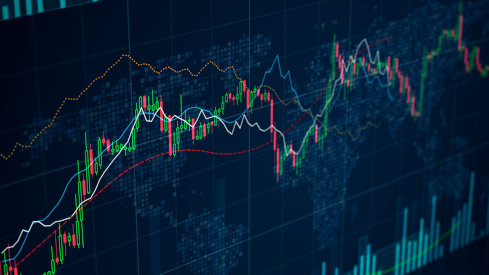What is insider trading?
Insider trading is a type of white collar crime where a person or company utilises information that is not generally available to the public to obtain an advantage for themselves or others through trading financial products.
The Australian Securities and Investments Commission (ASIC) has the power to pursue insider trading as a criminal or civil matter.
Defining “inside information”
Inside information is information that is not generally publically available, and if it were publically available, a reasonable person would expect it to have a material effect on the price or value of particular financial products.
Defining “financial products”
Financial products for the purpose of insider trading include:
- Securities.
- Derivatives.
- Interests in a managed investment scheme.
- Debentures, stocks or bonds issued or proposed to be issued by a government.
- Some superannuation products.
- Any other financial products that are able to be traded on a financial market.
Insider trading legislation in Australia
Section 1043A of the Corporations Act 2001 (Cth) provides that if a person or company (the “Insider”) possesses inside information, and the Insider knew or ought reasonably to have known that the information was insider information, the Insider must not apply for, acquire, or dispose of, relevant financial products. Moreover, an Insider must not do the following:
- Enter into an agreement to apply for, acquire, or dispose of, relevant financial products.
- Procure another person to apply for, acquire, or dispose of, relevant financial products.
- Procured another person to enter into an agreement to apply for, acquire, or dispose of, relevant financial products.
- Directly or indirectly, communicate the inside information, or cause the inside information to be communicated, to another person if the insider knows, or ought reasonably to know, that the other person would or would be likely to:
- Apply for, acquire, or dispose of, relevant financial products, or enter into an agreement to apply for, acquire, or dispose of, relevant financial products, or
- Procure another person to apply for, acquire, or dispose of, relevant financial products, or enter into an agreement to apply for, acquire, or dispose of, relevant financial products.
Section 1311(1) of the Corporations Act makes it an offence to not comply with the above.
Insider trading penalties
The maximum penalty for insider trading is 15 years imprisonment.
Exceptions
The Corporations Act outlines certain exceptions for insider traders. Some of these exceptions are as follows:
- Applying for or acquiring securities, managed investment products or foreign passport fund products under an underwriting agreement or a sub‑underwriting agreement.
- Acquisition of financial products pursuant to a requirement imposed by the Corporations Act.
- Communication of information pursuant to a requirement imposed by the Commonwealth, a State, a Territory or any regulatory authority.
Possible defences to insider trading
Example 1
In a prosecution brought against a person for insider trading because the person entered into, or procured another person to enter into, a transaction or agreement at a time when certain information was in the first‑mentioned person’s possession:
- It is a defence if the information came into the first mentioned person’s possession solely as a result of the information having been made known in a manner that would, or would be likely to, bring it to the attention of persons who commonly invest in financial products of a kind whose price might be affected by the information, and
- It is a defence if the other party to the transaction or agreement knew, or ought reasonably to have known, of the information before entering into the transaction or agreement.
Example 2
In a prosecution against a person for insider trading because the person communicated information, or caused information to be communicated, to another person:
- It is a defence if the information came into the first mentioned person’s possession solely as a result of the information having been made known in a manner that would, or would be likely to, bring it to the attention of persons who commonly invest in financial products of a kind whose price might be affected by the information, and
- It is a defence if the other person knew, or ought reasonably to have known, of the information before the information was communicated.

